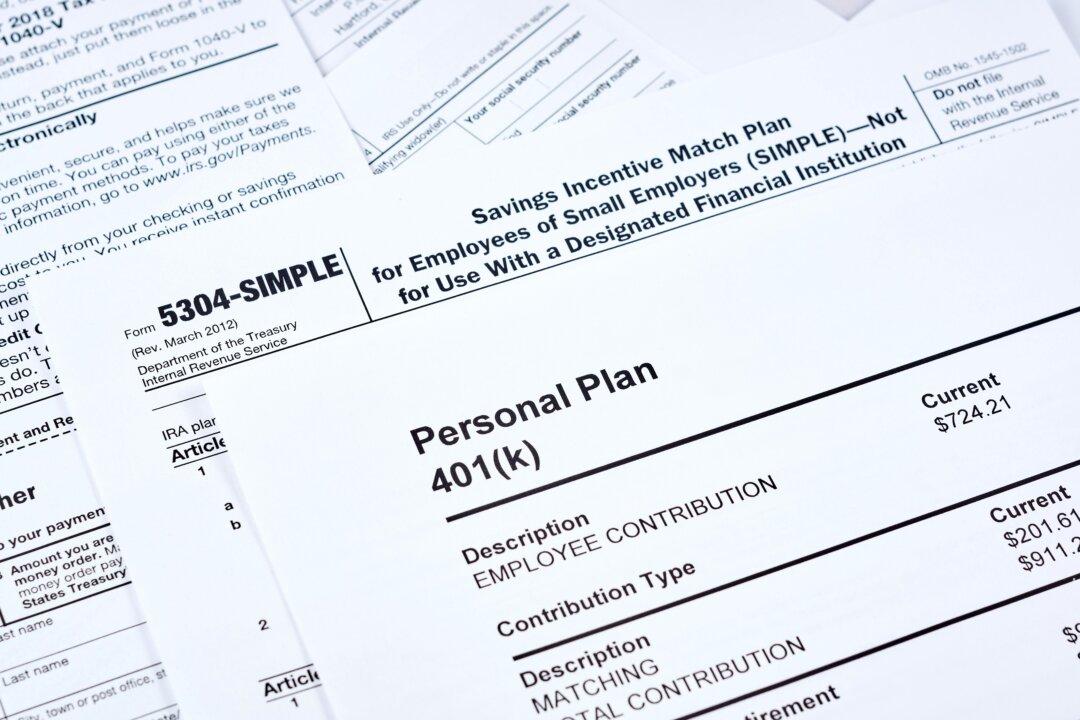Most taxpayers in states that gave some kind of stimulus or tax rebate payment last year will not have to report them on their federal returns this year. However, some residents in four states will have to.
According to guidance issued by the Internal Revenue Service (IRS) earlier this month, taxpayers in 17 of 21 states that handed out such payments last year don’t have to report them on their federal taxes.





